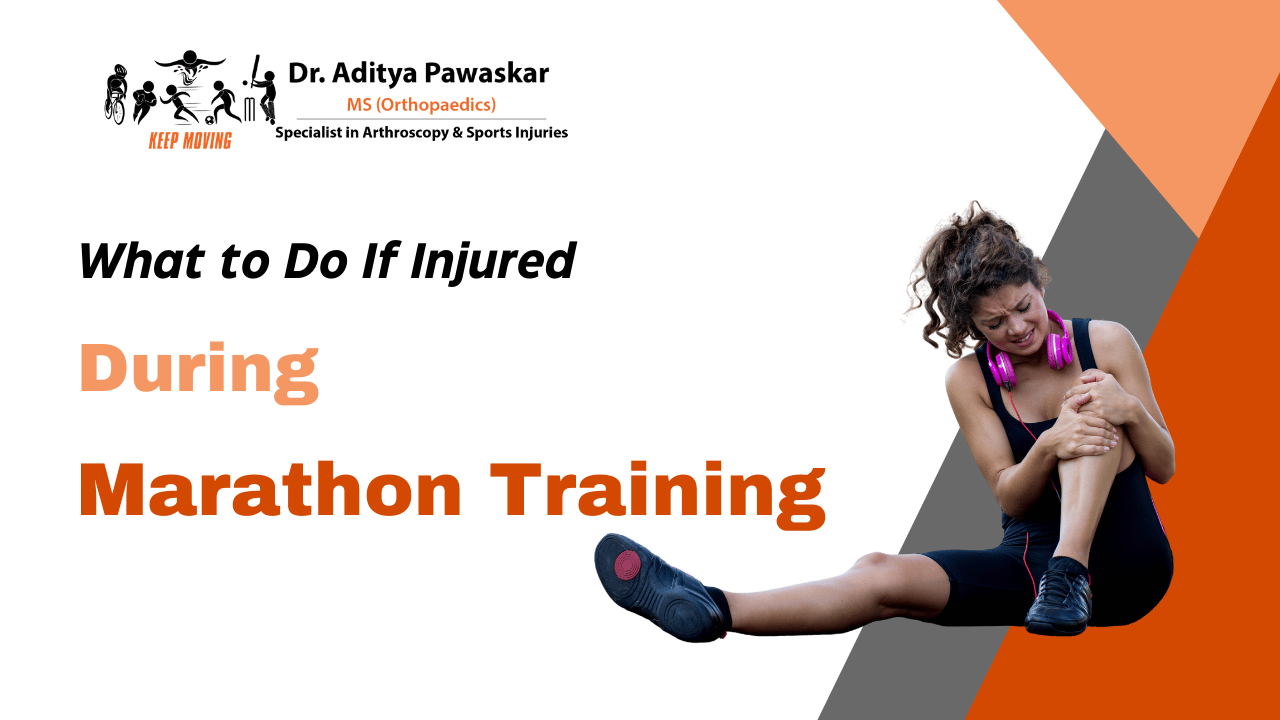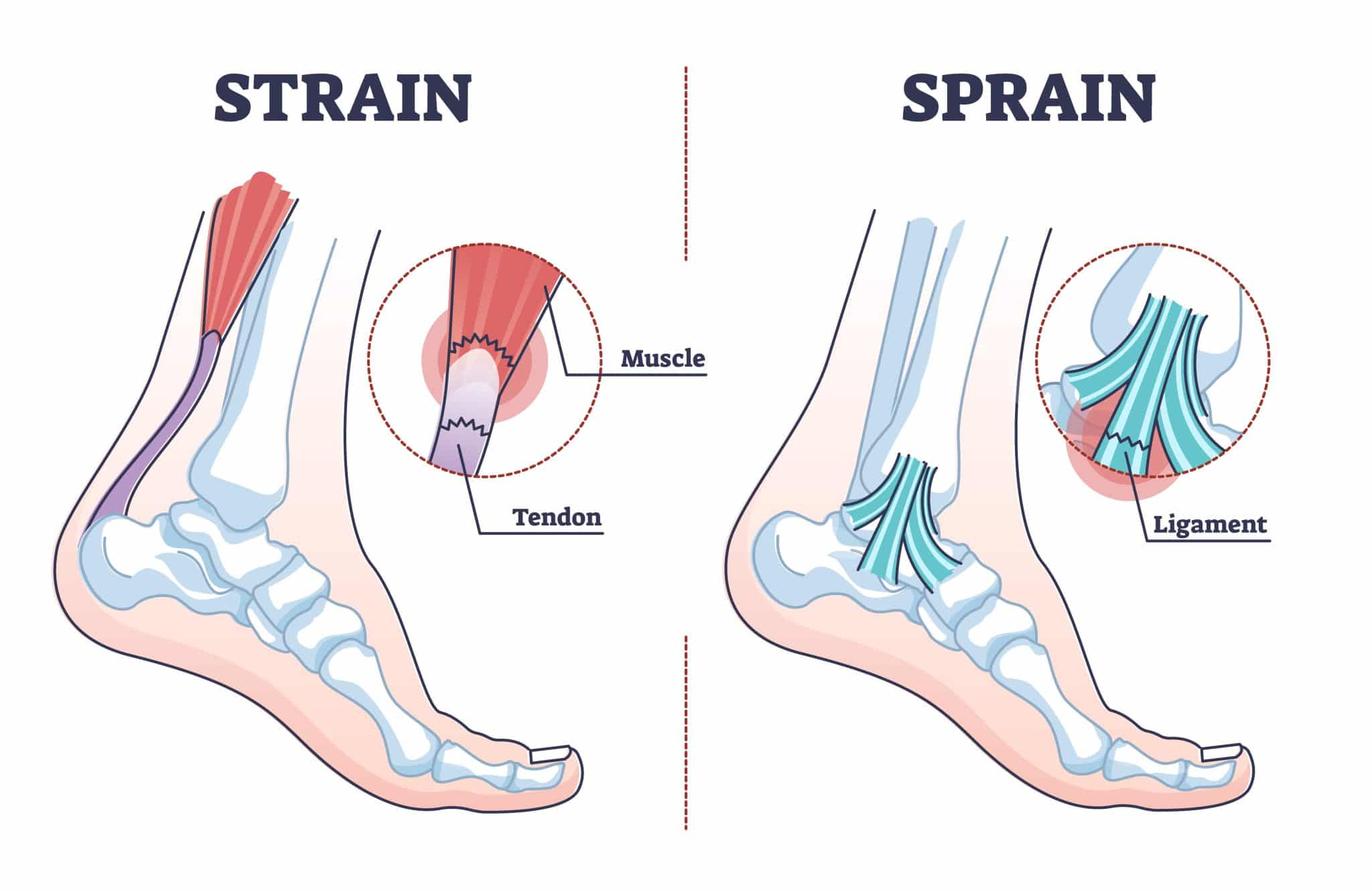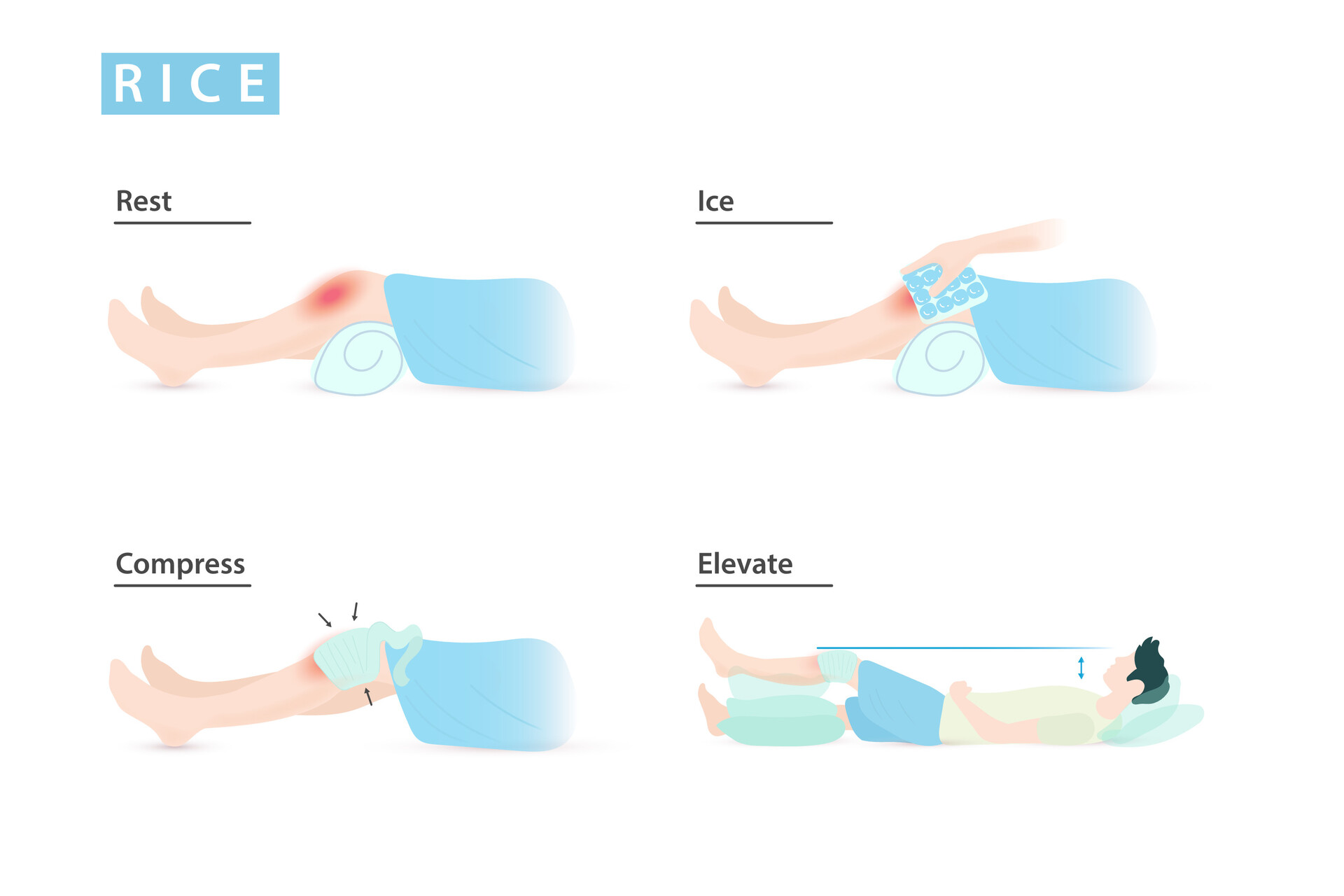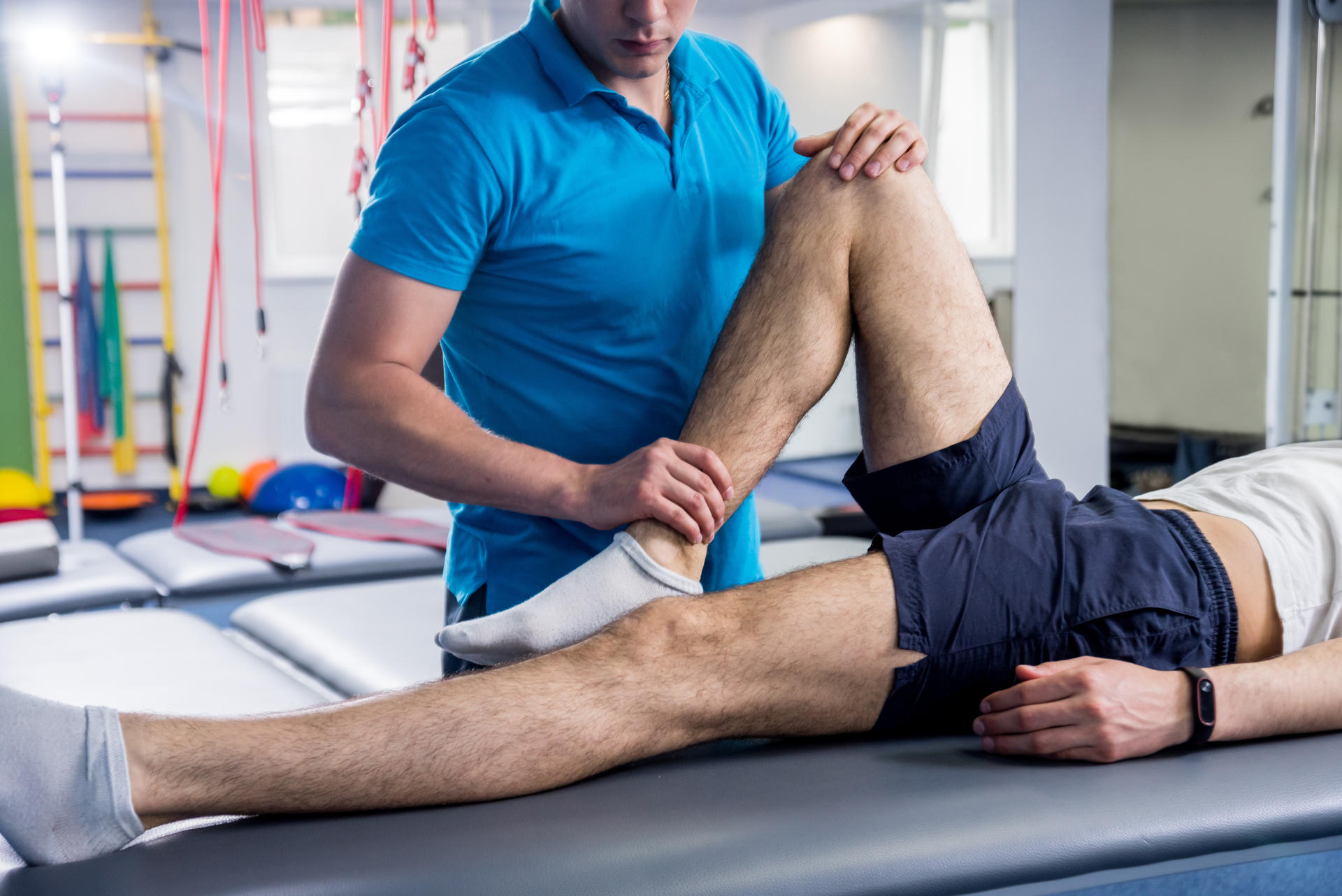
Marathon training is a rigorous process that demands dedication, discipline, and perseverance. However, the journey to the finish line can be fraught with challenges, including the risk of injuries. Injuries during marathon training can be frustrating and daunting, but knowing how to respond effectively is essential for a successful recovery.
In this comprehensive guide, we'll explore what to do if you find yourself injured during marathon training, including when to seek help from a marathon injury specialist like Dr. Aditya Pawaskar, a leading sports medicine specialist in Mumbai.
Understanding Marathon Training Injuries
Marathon training injuries can range from minor strains and sprains to more severe conditions like stress fractures and tendonitis. Understanding the common types of injuries that can occur during marathon training is crucial for effective management and prevention. Here are some key points to consider:

- Common Marathon Training Injuries: Identify common injuries such as runner's knee, shin splints, Achilles tendonitis, and IT band syndrome.
- Causes of Injuries: Explore the factors that contribute to marathon training injuries, including overtraining, improper footwear, poor biomechanics, and inadequate recovery.
- Recognizing Symptoms: Learn to recognize the signs and symptoms of marathon training injuries, such as pain, swelling, stiffness, and decreased range of motion.
Immediate Steps to Take After an Injury
When injured during marathon training, taking immediate action can help minimize the severity of the injury and expedite the recovery process. Here's what to do if you sustain an injury during your training:

- Stop and Assess : If you experience pain or discomfort while running, stop immediately and assess the severity of the injury.
- R.I.C.E Protocol : Follow the R.I.C.E protocol (Rest, Ice, Compression, Elevation) to reduce pain and inflammation. Apply ice to the affected area for 15-20 minutes every few hours, and elevate the injured limb above heart level.
- Seek Professional Help : If the pain persists or worsens, consult a medical professional or marathon injury specialist like Dr. Aditya Pawaskar for a thorough evaluation and personalized treatment plan.


Treatment Options for Marathon Training Injuries
The treatment approach for marathon training injuries depends on the type and severity of the injury. Working closely with a marathon injury specialist like Dr. Aditya Pawaskar can ensure you receive the most appropriate and effective treatment. Here are some common treatment options for marathon training injuries:
- Physical Therapy: Participate in physical therapy sessions to strengthen muscles, improve flexibility, and correct biomechanical imbalances.
- Medications: Take prescribed medications to manage pain and inflammation, including nonsteroidal anti-inflammatory drugs (NSAIDs) or corticosteroid injections.
- Rest and Recovery : Allow sufficient time for rest and recovery to promote tissue healing and prevent further injury.
- Orthopaedic Interventions : In severe cases, orthopaedic interventions such as surgery or minimally invasive procedures may be necessary to repair damaged tissues and restore function.




Preventing Future Injuries
Preventing future injuries is essential for long-term success in marathon training. By implementing proper preventive measures and adopting healthy training habits, you can reduce the risk of injury and optimise your performance. Consider the following strategies:
- Gradual Progression : Gradually increase mileage and intensity to allow your body to adapt to the demands of marathon training.
- Proper Footwear: Invest in high-quality running shoes that provide adequate support and cushioning to minimise impact on your feet and lower limbs.
- Cross-Training : Incorporate cross-training activities such as swimming, cycling, and strength training to improve overall fitness and prevent overuse injuries.
- Listen to Your Body : Pay attention to your body's signals and adjust your training regimen accordingly. Don't ignore pain or discomfort, as it may indicate an underlying injury.




Conclusion
- Injuries during marathon training can be challenging, but they don't have to derail your progress entirely. By understanding how to respond to injuries effectively, seeking appropriate treatment, and implementing preventive measures, you can overcome obstacles and continue on your journey to marathon success.
- Remember, when in doubt, consult a marathon injury specialist like Dr. Aditya Pawaskar in Mumbai for expert advice and support. With the right approach and guidance, you can conquer injuries and achieve your marathon goals.

The Best Sports Injury Specialist In Mumbai
- Dr. Aditya Pawaskar is one of the best Arthroscopic Surgeon & Sports Medicine Doctor in Mumbai for treating ailments related to Arthroscopy & Sports Injury in Mumbai. Dr. Aditya Pawaskar provides high-class treatment and personalized care to patients.